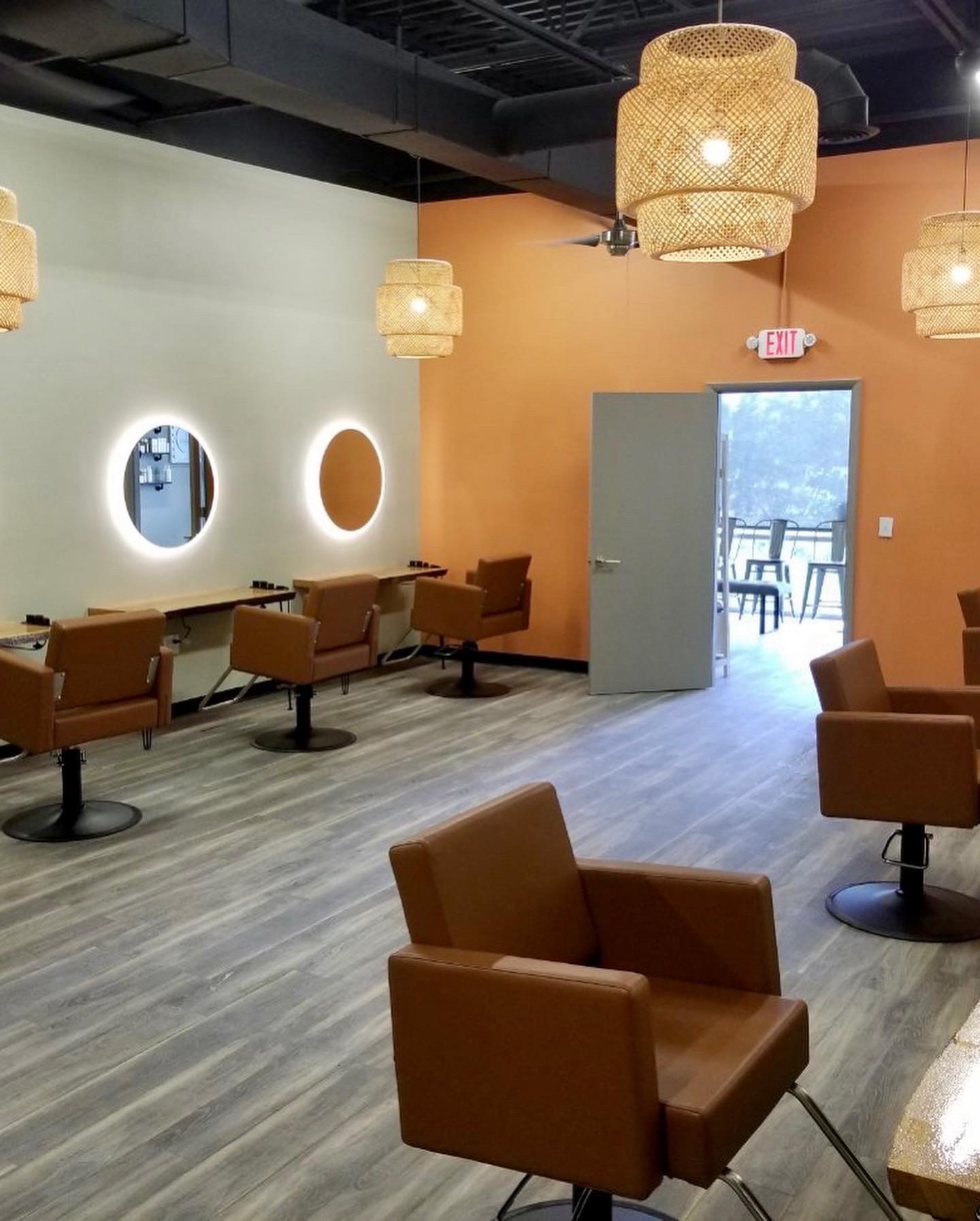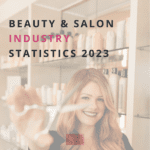No Financial Aid for Cosmetology Students: The Gainful Employment Act
The Gainful Employment Act (GEA) and the beauty industry: What you need to know.
No Financial Aid for Cosmetology Students or FAFSA, GEA is a federal regulation that was created in an effort to protect students from enrolling in programs that are unlikely to lead to gainful employment. The GEA has a number of requirements that programs must meet in order to be eligible for federal financial aid.
One of these requirements is that the program must have a debt-to-earnings ratio of no more than 20%.
In recent years, there has been growing concern that the GEA could have a negative impact on cosmetology schools. This is because the average debt-to-earnings ratio for cosmetology graduates is already higher than 20%.
As a result, many cosmetology schools are at risk of losing their eligibility for FAFSA if the GEA is not updated.
FAFSA Future
The Department of Education (DOE) has justified the changes to the GEA because of money. The argument is that students who graduate from cosmetology programs with high debt and low income are not getting their money’s worth.
The DOE also argues that the changes will help to protect students from predatory schools. These are schools that are more interested in taking student’s money than in providing them with a quality education.


GEA Proposed Changes
The beauty industry has had different reactions to the suggested GEA changes. Some leaders in the industry have liked the changes, saying they will make education at cosmetology schools better.
Others are worried that the changes might make it harder for people to afford cosmetology education and could lead to fewer cosmetologists available to do services.
Cosmetology Students and Financial Aid
If the GEA is not updated, the beauty industry’s future becomes uncertain. Nonetheless, there are several steps that can be taken to guarantee the industry’s survival.
Through collaborative efforts, we can identify a solution that protects students and guarantees the ongoing expansion of the beauty industry.
Click HERE to boost visibility for open positions in your salon, spa or barbershop.
Hypotheses on the future of the beauty industry if the GEA proposal goes through:
Increased amount of unlicensed and formally trained beauty professionals performing services at home with YouTube educations.
Should the GEA proposal be approved, it’s likely that certain individuals will skip formal cosmetology training. Beauty service skills will be learned through YouTube videos or other online resources.
Consequently, this might result in more unlicensed beauty professionals, posing potential safety risks to consumers. In such a scenario, strict measures for consumer protection and regulation would be crucial.
Massive school reform, increased tuition costs and school closures.
In order to meet the requirements of the GEA, some cosmetology schools may need to make significant changes to their programs. This could include increasing tuition costs, reducing class sizes, or changing the curriculum.
In some cases, schools may not be able to make these changes and may be forced to close.


Increased service costs for clients due to a lack of beauty service providers.
If the number of cosmetologists decreases, it is likely that the cost of beauty services will increase. This is because there will be fewer people to provide these services, and demand for them is likely to remain high.
Increased number of self-employed beauty professionals.
Cosmetologists without licenses who can’t secure salon positions might opt to work for themselves. This shift could potentially result in a rise in individuals providing beauty services at home or through pop-up shops.
Furthermore, this trend may contribute to a less professional beauty service landscape.
Conclusion
The future of the beauty industry is uncertain if the GEA is not updated. However, there are a number of things that can be done to ensure that the industry remains strong.
By working together, we can find a solution that protects students and ensures the continued growth of the beauty industry.







